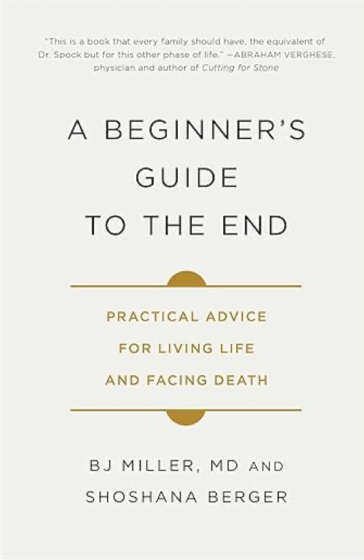
A clear-eyed and big-hearted action plan for approaching the end of life, written to help readers feel more in control of an experience that so often seems anything but controllable. Their book offers everything from step-by-step instructions for how to do your paperwork and navigate the healthcare system to answers to questions you might be afraid to ask your doctor.
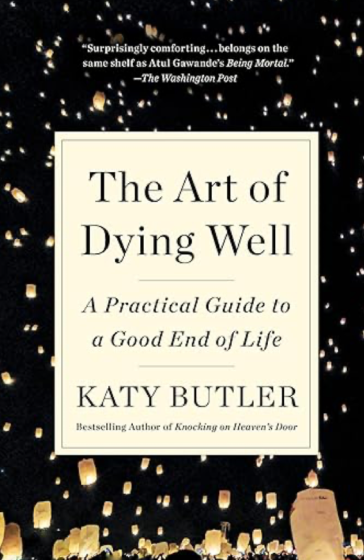
Based on Butler’s experience caring for aging parents, and hundreds of interviews with people who have successfully navigated our fragmented health system and helped their loved ones have good deaths, The Art of Dying Well also draws on the expertise of national leaders in family medicine, palliative care, geriatrics, oncology, and hospice. This empowering guide clearly outlines the steps necessary to prepare for a beautiful death without fear.
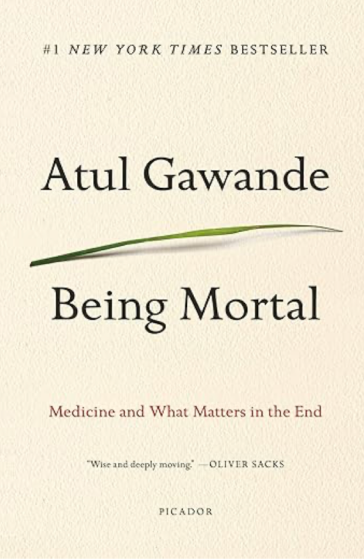
In his bestselling books, a practicing surgeon, has fearlessly revealed the struggles of his profession. Here he examines its ultimate limitations and failures―in his own practices as well as others’―as life draws to a close. Riveting, honest, and humane, Being Mortal shows how the ultimate goal is not a good death but a good life―all the way to the very end.
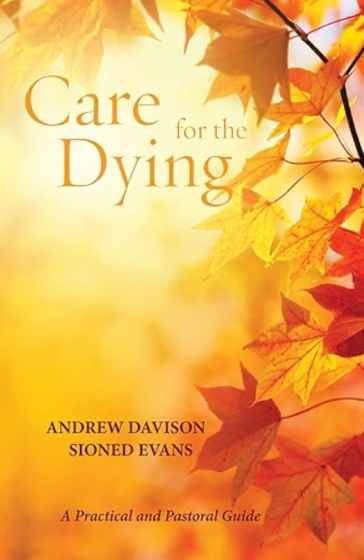
This wise and practical handbook, written by a palliative care physician and a priest with experience in hospice ministry, addresses the needs of the dying, their relatives and friends, and also those who provide support and care.
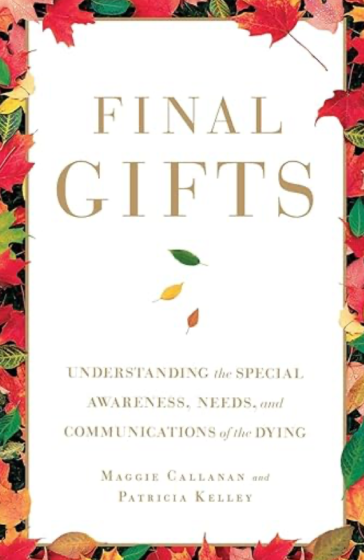
Filled with practical advice from hospice nurses on responding to the requests of the dying and helping them prepare emotionally and spiritually for death, Final Gifts shows how we can help the dying person live fully to the very end.
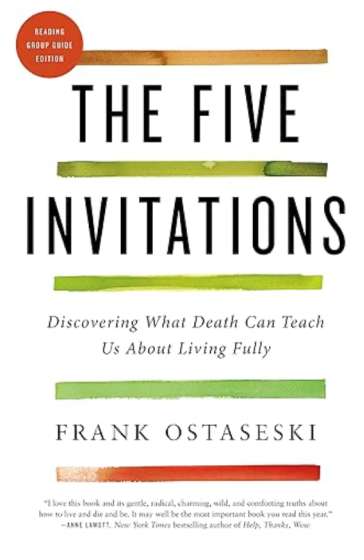
The cofounder of the Zen Hospice Project and pioneer behind the compassionate care movement shares an inspiring exploration of the lessons dying has to offer about living a fulfilling life.
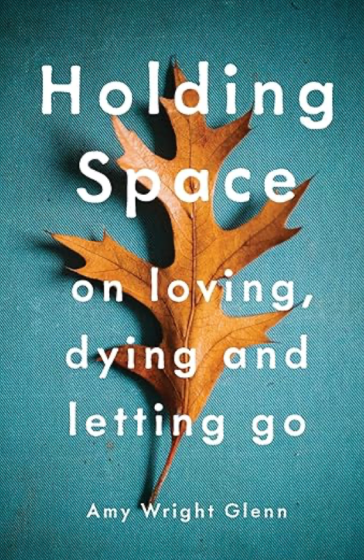
Lessons from a hospital Chaplin sharing key insights drawn from working directly with the dying into a moving and compelling meditation on the healing power of “holding space” for all involved in caring for the dying, a healing sorely needed in our culture at this time.
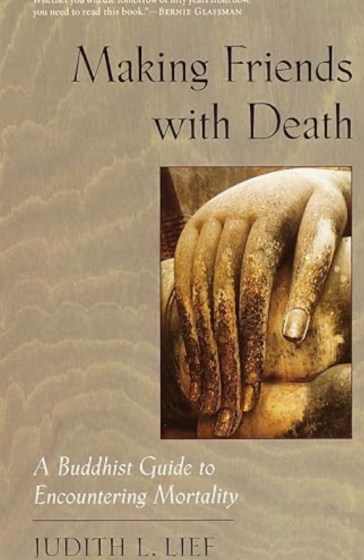
Written by a Buddhist teacher this book enlightens anyone interested in coming to terms with their own mortality. More specifically, the contemplative approach presented here offers health professionals, students of death and dying, and people who are helping a dying friend or relative useful guidance and inspiration. It will show them how to ground their actions in awareness and compassion, so that the steps they take in dealing with pain and suffering will be more effective.
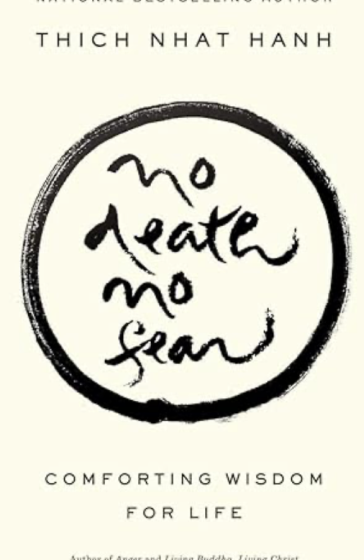
The acclaimed teacher and poet examines our concepts of death, fear, and the very nature of existence. Through Zen parables, guided meditations, and personal stories, he explodes traditional myths of how we live and die. Thich Nhat Hanh shows us a way to live a life unfettered by fear.
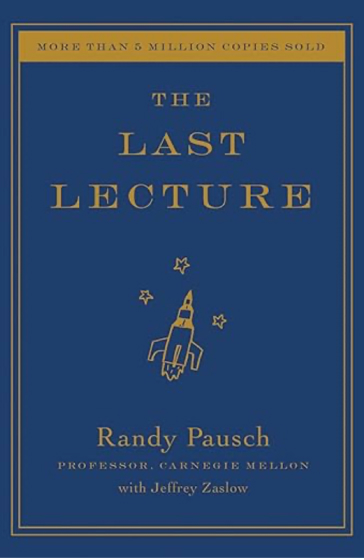
What wisdom would we impart to the world if we knew it was our last chance? What would we want as our legacy? When Randy Pausch, a computer science professor at Carnegie Mellon, was asked to give such a lecture, he didn’t have to imagine it as his last, he had recently been diagnosed with terminal cancer. But the lecture he gave–“Really Achieving Your Childhood Dreams”–wasn’t about dying. It was about the importance of overcoming obstacles, of enabling the dreams of others, of seizing every moment (because “time is all you have…and you may find one day that you have less than you think”).
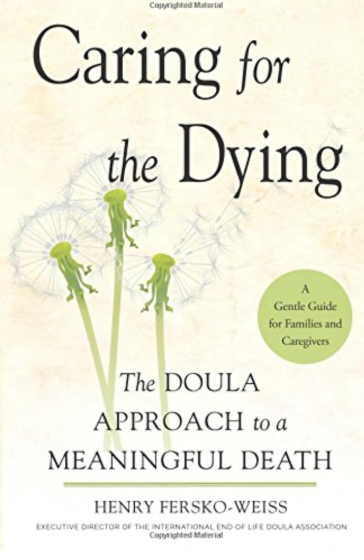
“Caring for the Dying” introduces a new approach to end-of-life care, inspired by the birth doula model. Created by Henry Fersko-Weiss, this method helps the dying and their families find meaning, create legacies, and plan for the final days, offering around-the-clock support and guidance. It also addresses post-death processing and early grieving for the family.

An essential guide for navigating the deep waters of sorrow and loss in this lyrical yet practical handbook for mastering the art of grieving. Describing how Western patterns of amnesia and anesthesia affect our capacity to cope with personal and collective sorrows, Weller reveals the new vitality we may encounter when we welcome, rather than fear, the pain of loss.
©2024 by Gentle Passage Doula Collective. Privacy Policy | Terms of Service